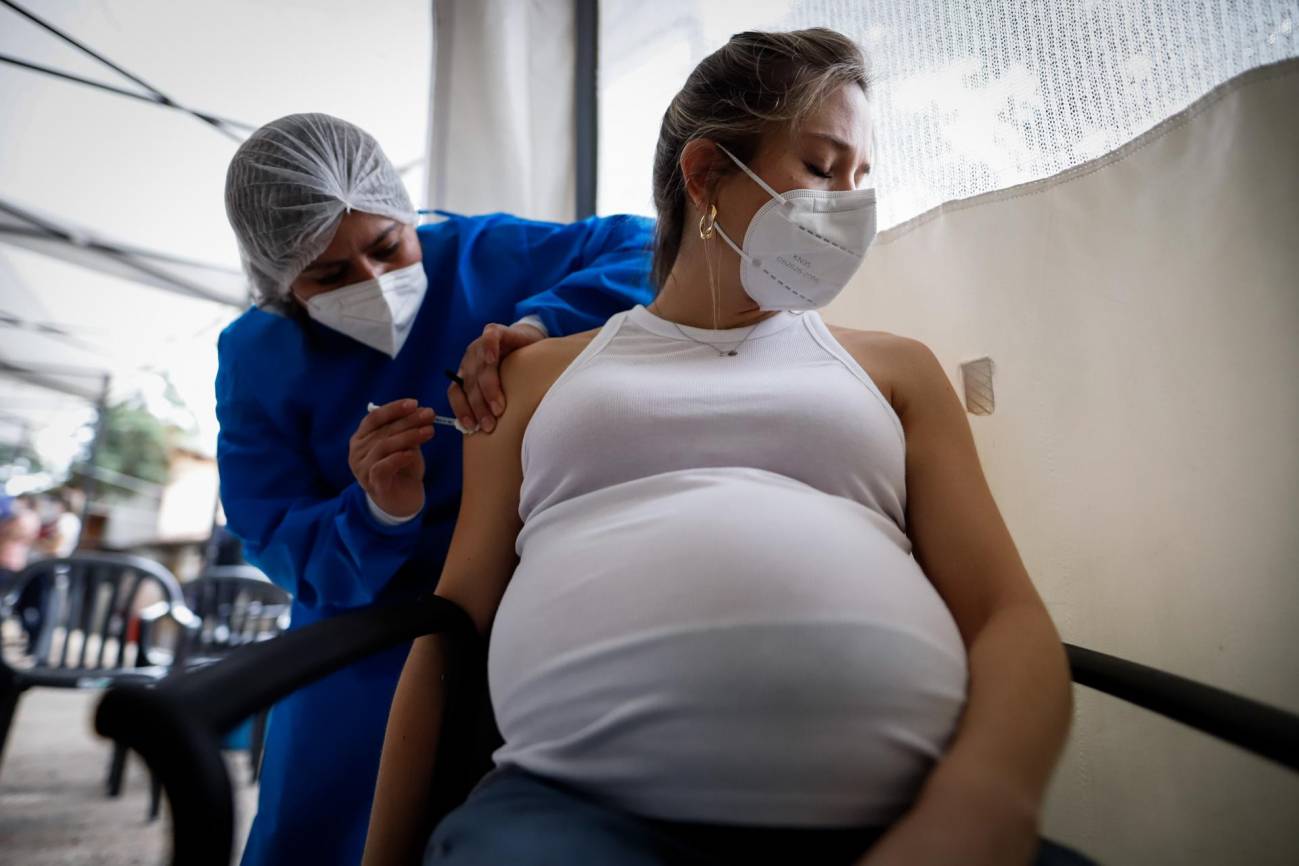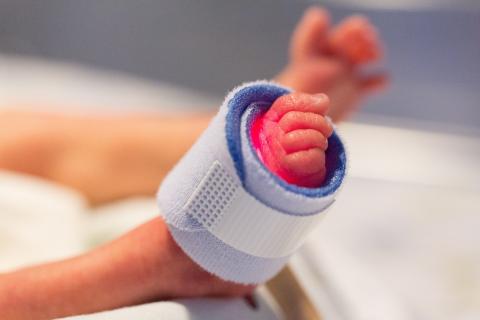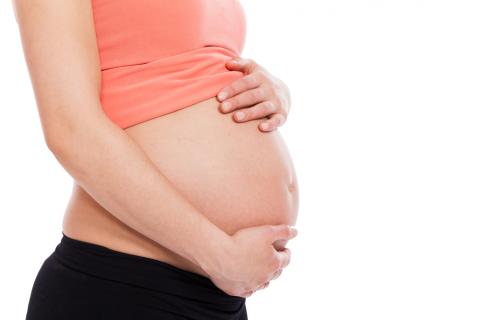Reaction: Vaccination against RSV in pregnant women protects their babies, but increases the risk of preterm birth, according to a phase III clinical trial
The NEJM publishes the results of a phase III clinical trial conducted by GSK that had to be suspended due to a safety signal. The study shows that newborns of vaccinated mothers had a lower risk of experiencing severe events associated with the respiratory syncytial virus (RSV), but also a higher risk of being born prematurely.

Angel Merino - VRS
Ángel Hernández Merino
Pediatrician and collaborator of the Advisory Committee on Vaccines, the Spanish Association of Pediatrics and the Spanish Association of Primary Care Pediatrics
The topic is of utmost interest as the global impact of RSV is extraordinary. Moreover, it concerns maternal vaccination to prevent the disease in newborns, which is not without social, ethical, and scientific debate.
This publication (a phase 3 clinical trial that was halted before completing recruitment due to a safety signal) constitutes good news in itself (publication of a clinical trial with negative results), as not obtaining the expected results is not akin to a zero or nothing, but positively contributes to knowledge by redirecting further research. Additionally, it's a necessary exercise in transparency that also instills confidence in the functioning of clinical trials.
Among the results, two stand out. On one hand, a vaccine efficacy of 65.5% (37.5-82) to prevent lower respiratory tract events of any kind associated with RSV, and 69% (33-87.6) for severe events, which is a good to moderately good efficacy, varying in relevance in real life according to other variables.
On the other hand, there is a notable higher risk of preterm births in the group of newborns from vaccinated mothers compared to those from mothers in the placebo group: RR 1.37 (1.08-1.74), one excess case per 54 births in the vaccinated mothers' group. Another crucial point regarding this issue: the higher risk of prematurity was particularly observed in study centers located in countries with medium and low resources. When examined by gestational age, it was noted that the higher risk remained in the group of vaccinated mothers for very premature (28-32 weeks) and extremely premature (<28 weeks) births.
The possible mechanisms associating this vaccination with the risk of prematurity remain to be unveiled, as well as identifying other external factors that may have contributed.
It cannot be overlooked that prematurity in countries with medium and low resources poses a condition of very high risk for the health of newborns. It's noteworthy that 50% of the mothers recruited for the study at the time of trial suspension were from medium/low resource countries, and it seems evident that this fact has influenced the visibility of the higher risk of prematurity (had there been less representation from medium/low resource countries among the participants, perhaps this effect on prematurity risk would have gone unnoticed or had less impact).
Preventing RSV infections in newborns has significant value and impact worldwide, but it's the countries with medium and low resources that bear the highest burden of neonatal mortality, hence they are the ones in greatest need of preventive measures. A measure like maternal vaccination must, therefore, be especially effective and safe in these countries.
Ilse Dieussaert et al.
- Research article
- Peer reviewed
- People



